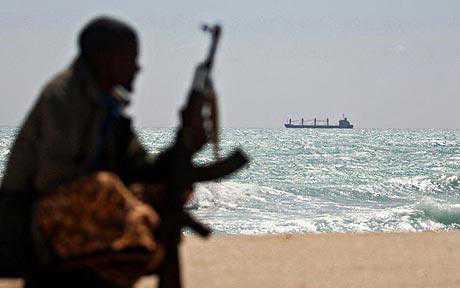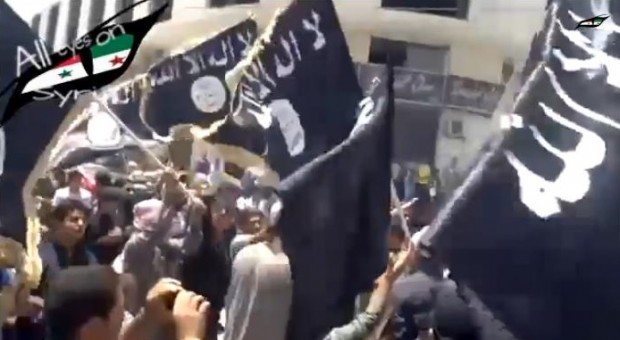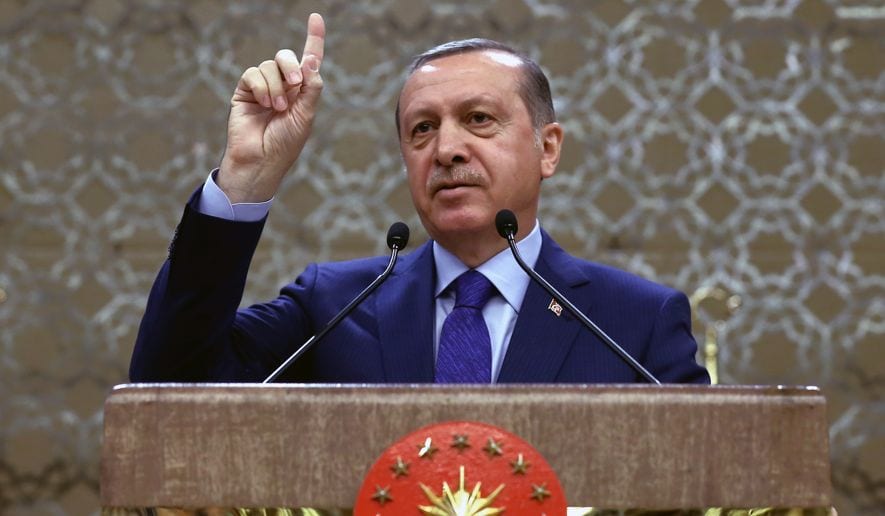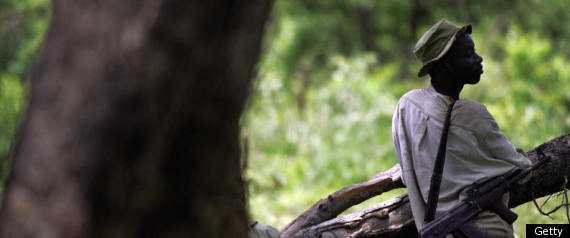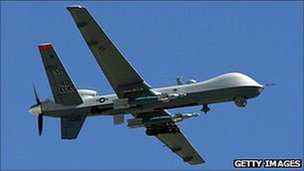By Mohamed Ahmed and Richard Lough
MOGADISHU/NAIROBI | Tue Dec 6, 2011 12:20pm EST
(Reuters) – A suicide bomber struck the Somali capital on Tuesday, the latest in a wave of deadly attacks in Mogadishu, and dozens of Islamist rebels and Somali government troops have been killed in fighting in the south.
The car bomb exploded 50 meters from the recently reopened Turkish embassy, near to the Kilometer 4 (K4) junction, a busy intersection in Mogadishu’s administrative district. A health official said at least three people were killed by the blast.
The suicide attack piles yet more pressure on a Western-backed government that relies on African Union troops to prop it up and fight an insurgency by Islamist militants who control virtually all of Somalia outside Mogadishu.
Witnesses told Reuters that the security forces stopped the vehicle earlier, before moving the car to a quieter sideroad.
“The troops tried to question the driver and take photographs when the suicide bomber detonated his bomb,” Abdiweli Elmi, a policeman on patrol at the junction said.
Two policemen and one civilian were killed, Elmi said.
A Reuters witness said human body parts could be seen around the ripped-apart car and security forces fired into the air to disperse the crowds.
There was no immediate claim of responsibility for the attack. Suspicion is likely to fall on al Shabaab rebels.
The al Qaeda-linked militants, who have fought the government since 2007, have intensified the frequency of suicide attacks in Mogadishu since withdrawing from most of their bases in the capital in August.
A Turkish government official said the target of the attack was unknown. None of Turkey’s embassy staff hurt.
Turkey was the first state from outside the immediate region to open an embassy in Mogadishu.
Its interests have been the target of violent incidents since Prime Minister Tayyip Erdogan visited Mogadishu in August. Erdogan was the first leader from outside Africa to visit the capital for nearly two decades.
HEAVY FIGHTING, AIR STRIKES
The rebels, who control large swathes of Somalia, are also fighting against Somali government and Kenyan troops in the rebel-controlled southern and central parts of the country. Ethiopian forces have also crossed into Somalia.
More than 40 militants and 11 Somali government troops were killed in weekend fighting in the town of Hayo, between the Kenyan border and the al Shabaab stronghold of Afmadow in southern Somalia, a Kenyan military spokesman said on Tuesday.
Emmanuel Chirchir said Kenyan jets had also launched air strikes on al Shabaab bases on Monday, and that it was too early to give an assessment of damage.
Kenya is eight weeks into an offensive inside Somalia to crush rebel networks but the military campaign has become bogged down by heavy rains and lack of clear strategy, diplomats say.
“(Kenyan) jets targeted two al Shabaab camps south of Afmadow town, killing a number of al Shabaab fighters, and destroyed technical vehicles,” Chirchir said, referring to the machinegun-mounted trucks used by the militants.
A lawmaker from Somalia’s Lower Juba region that borders Kenya and nearby residents said al Shabaab had only clung on to Hayo for a few hours before government troops regained control.
The Kenyan government agreed on Tuesday that its force in southern Somalia should become part of the AU peacekeeping force (AMISOM) in the anarchic country.
Earlier this month, Kenya offered to boost AMISOM, which numbers about 9,400 and is made up of troops from Uganda and Burundi. Both the AU and regional bloc IGAD said they supported the idea of integrating the Kenyan soldiers.
“The cabinet … approved the re-hatting of the Kenya Defence Forces in Somalia to AMISOM, subject to approval by parliament,” the president’s office said.
“This has been done at the request of the African Union to enhance a combined strategy for the operation against al Shabaab,” it said in a statement.
However, analysts said it might not be that straightforward for Kenyan soldiers to become part of AMISOM – unless Nairobi is prepared to contribute the cost of its mission in Somalia.
If Kenya wants AMISOM to help fund its operation on the ground as part of the African Union force, the U.N. Security Council would need to approve extra funding, analysts said.
The AMISOM force is also capped at 12,000 soldiers. Uganda, Burundi and Djibouti have already committed to raising troop numbers to the mandated ceiling by early next year. Raising that limit cap would require a vote at the U.N.’s Security Council.
(Additional reporting by Abdi Sheikh in Mogadishu, Sahra Abdi in Nairobi and Jonathon Burch in Ankara; Writing by Richard Lough; Editing by Louise Ireland)
via Suicide bomber hits Somali capital, dozens killed in south | Reuters.

